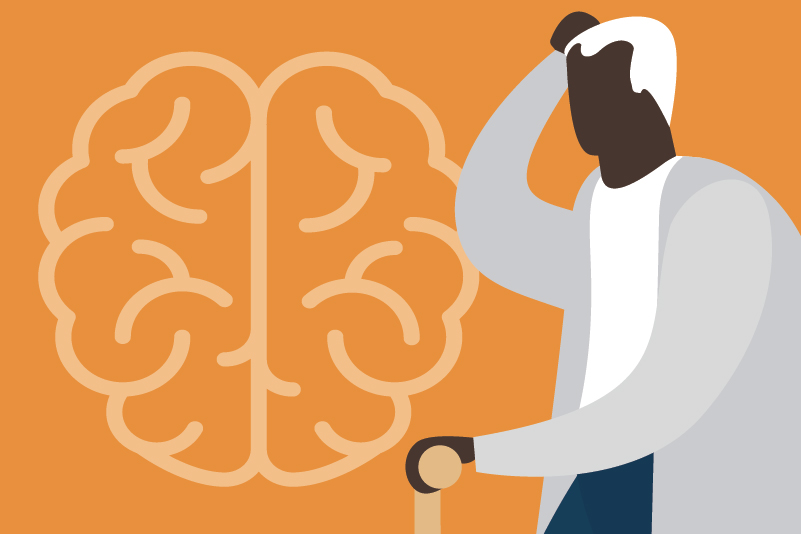#126 Z-drugs for sleep: Should we “Catch Some Z’s”?

Reading Tools for Practice Article can earn you MainPro+ Credits
Join NowAlready a CFPCLearn Member? Log in
- Total sleep time: Not statistically different3-5 except by patient diary, 32 minutes more.4,5
- Perceived sleep quality: No difference in two meta-analyses.1,3 Another showed “moderate” improvement (standard mean difference 0.48).4
- Time asleep while in bed: no difference3 or improved ~5%.4,5
- Limitations: Not all outcomes evaluated in all reviews, short duration (example mean 34 days3), used multiple comparisons, funded by manufacturers or funding source not reported,5,7 and possible publication bias.1
- Meta-analysis of 20 RCTs (367 patients, mean age 37) found no significant effects on speed of processing, working/verbal memory or attention nine hours after drug administration compared to “control” except for:
- “Moderate” negative effects (effect sizes 0.42-0.56) on verbal memory (zopiclone and zolpidem) and attention (zolpidem).8
- Meta-analysis of 36 placebo-controlled RCTs (13,211 patients) found significantly increased infections (6.9% vs. 4.6%, number needed to harm 43 over 36 days). Most infections likely mild (example pharyngitis).9
- Z-drugs (and other sedative-hypnotics) have been associated with increased mortality in some,10,11 but not all,12,13 cohort studies.
- Numerous potential confounders (like Z-drug patients sicker) and causation unproven.
- Compared to benzodiazepines, there is no difference in time to fall asleep,2,6 sleep quality1,6 or adverse events.1 Total sleep time may be better with benzodiazepines (23 minutes).2
- Guidelines recommend zopiclone for short-term (<7 consecutive nights) or long-term (<3 nights/week) as an adjunct to cognitive and behavioural therapies.14














